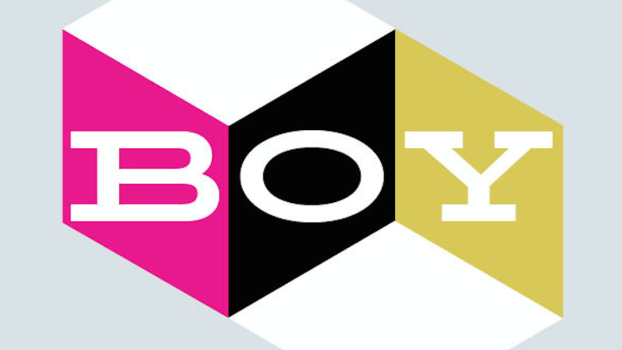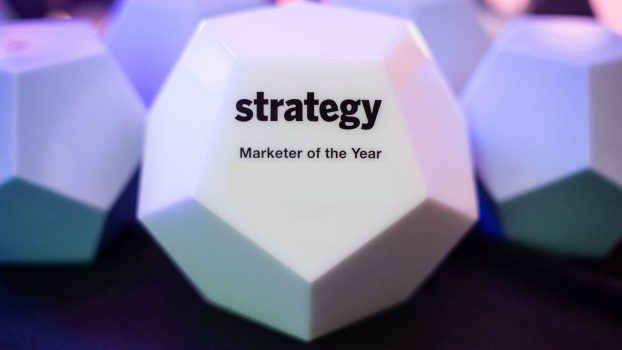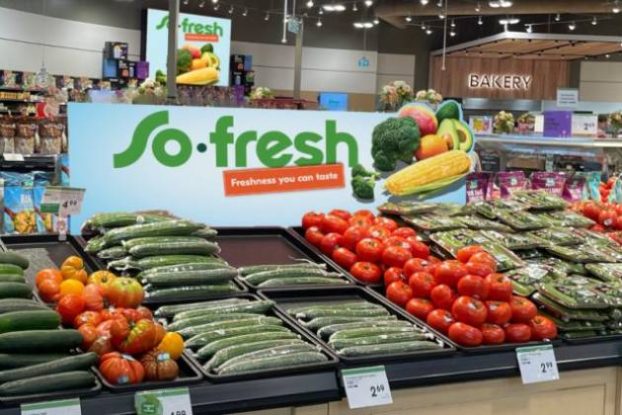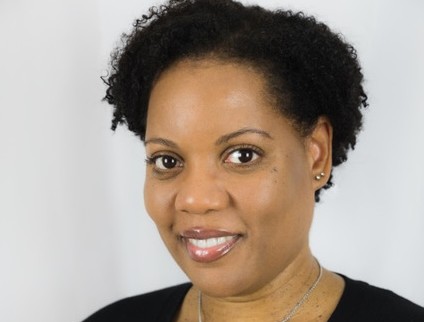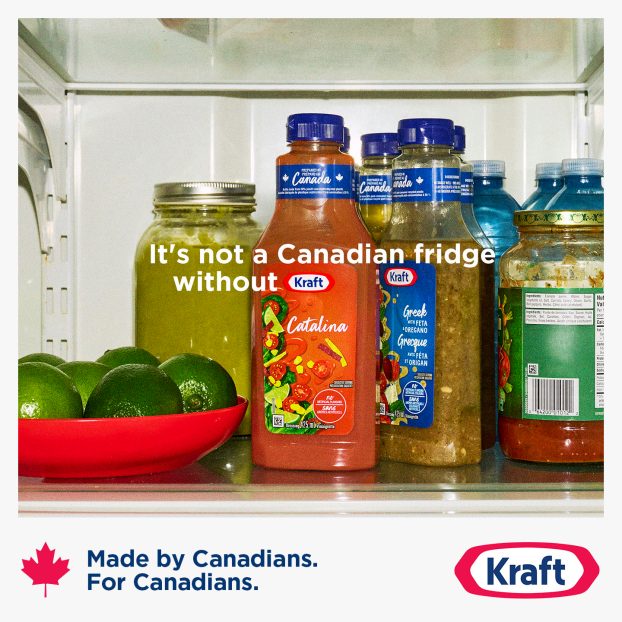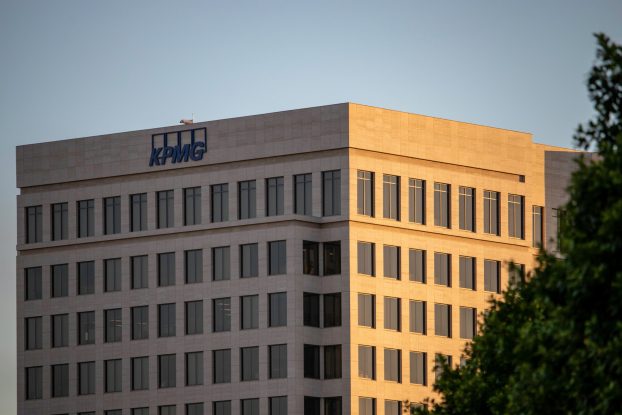If you kept up with the myriad of activity in Canada’s loyalty landscape in 2018, you might have noticed something: broad coalition programs are facing challenges, while programs based around an aligned brand or that utilize data effectively seem to be the way forward.
The year began with two of the country’s most popular programs merging to become PC Optimum. Air Canada spent its summer working on a hostile bid to ultimately buy back Aeroplan – the coalition program it had previously announced it would not be renewing its partnership with – in order to launch a new program of its own. Canadian Tire created Triangle Rewards, which allows customers to earn and redeem points at all of its banners (which include Mark’s and Sport Chek).
Sean Claessen is EVP of solutions and innovation at Bond Brand Loyalty, which specializes in loyalty marketing. The most recent edition of its annual loyalty report – created from a survey of 50,000 consumers – showed coalition programs ranked the lowest in terms of customer satisfaction, while programs with a smaller number of related banners, like PC Optimum or Triangle Rewards, have been gaining traction.
“Living up to what a brand is about has always been a major factor in satisfaction,” Claessen says. “It’s easier for a program to do that when there’s three or four partners that are already aligned.”
Beyond the brand partners, Claessen says another factor that will drive engagement with loyalty programs in the future is utilizing tech and data for greater personalization. According to Bond’s numbers, 81% of consumers are willing to have their activity monitored in exchange for personalized benefits, with 91% saying they want to interact with their loyalty programs through new technology.
PC Optimum has long used purchase history to customize the offers a user receives, but some new entrants have been built to directly serve this need. Users of loyalty app Drop select offers from a list of hundreds of partner brands, retailers and services, and earn points automatically from purchases made from them with linked debit and credit cards.
But despite having so many offers to choose from, the company aims to personalize them to each user, making it easier to navigate. Further to that goal, it acquired AI startup Canopy Labs in the fall, using the technology to further personalize offers. Derrick Fung, Drop’s CEO, says the acquisition is a way to further deliver on a consumer insight that has guided the company since it launched.
“Users should not see brands they don’t like or would never shop from,” he says. “The future of rewards is using artificial intelligence to deliver one-to-one targeting. Most programs out there are a one size fits all experience, and I might not like 90% of what’s being offered to me. With millennials, specifically, design and experience are table stakes. Personalization is what sets services apart.”


